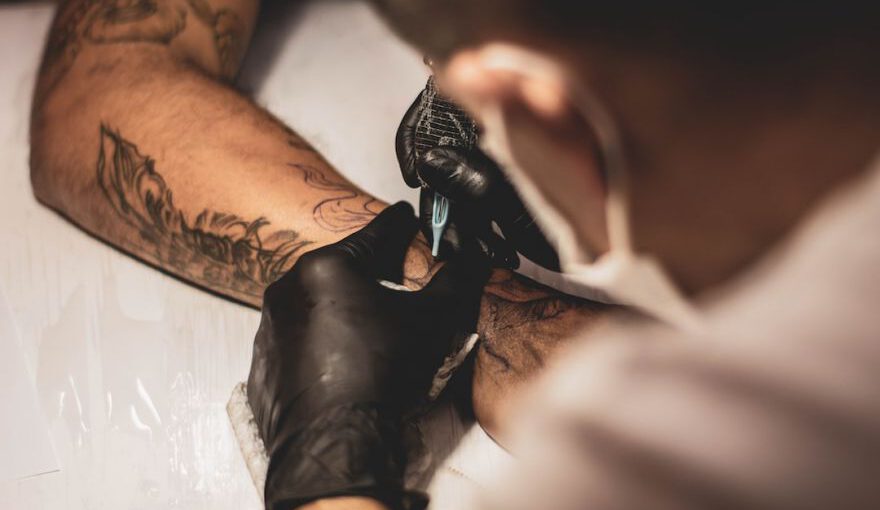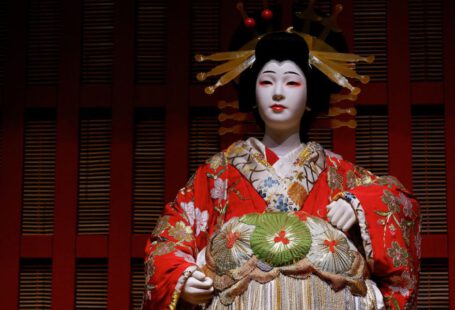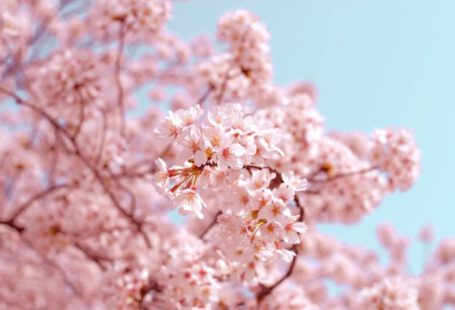Tattoos, once considered a mark of rebellion and counterculture, have now become a popular form of self-expression around the world. However, in Japan, the perception of tattoos is still deeply rooted in tradition and cultural norms. The question of whether tattoos are accepted in Japan is a complex and multifaceted one.
Traditionally, tattoos in Japan have been associated with the criminal underworld, known as the yakuza. This association has led to a negative perception of tattoos in Japanese society. In fact, many public baths, swimming pools, and gyms in Japan still have strict policies that prohibit people with visible tattoos from entering their facilities. This is due to the belief that tattoos are a sign of criminality and that people with tattoos may engage in illicit activities.
However, in recent years, there has been a shift in attitudes towards tattoos in Japan. With the increasing influence of Western culture and the rise of social media, tattoos have gained acceptance among the younger generation. Many young Japanese people now view tattoos as a form of art and self-expression, rather than a symbol of criminality.
This changing perception can be seen in the growing number of tattoo studios and artists in Japan. In cities like Tokyo and Osaka, there are now a plethora of tattoo shops offering a wide range of styles and designs. These artists are not only catering to the yakuza clientele but are also attracting a new generation of tattoo enthusiasts who appreciate the artistry and creativity behind tattoos.
Despite this growing acceptance, there are still some societal barriers that tattooed individuals may face in Japan. For example, many companies in Japan still have strict dress codes that prohibit visible tattoos. This can make it difficult for individuals with tattoos to find employment in certain industries, such as hospitality or customer service. Additionally, there is still a stigma attached to tattoos in some conservative communities, where people with visible tattoos may face discrimination or prejudice.
To address these issues, some tattoo artists and activists in Japan are working towards changing the perception of tattoos in society. They are advocating for more inclusive policies and educating the public about the artistry and cultural significance of tattoos. These efforts are slowly making an impact, with some companies relaxing their policies on visible tattoos and more people becoming open-minded about the subject.
In conclusion, the acceptance of tattoos in Japan is a complex and evolving issue. While there are still societal barriers and negative perceptions associated with tattoos, there is also a growing acceptance and appreciation for tattoos as a form of art and self-expression. The changing landscape of tattoos in Japan reflects the influence of globalization and the shifting attitudes of the younger generation. As Japan continues to navigate this cultural shift, it is likely that tattoos will become more widely accepted in the years to come.





